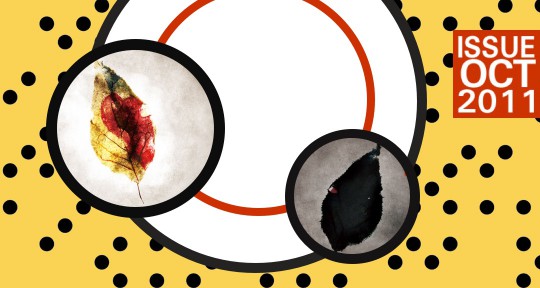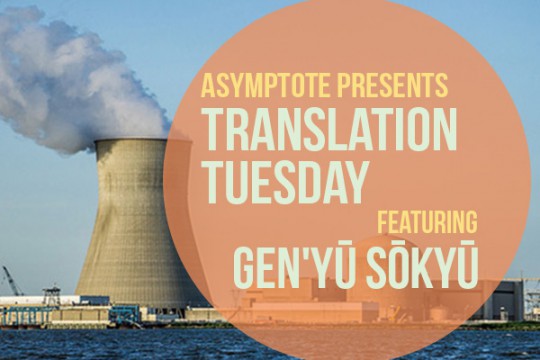Miraculously, word spreads. Asymptote is selected as The Center for Fiction’s international journal of the month for September 2011. Publishers Weekly features us in a writeup. We are a Paris Review staff pick: apparently, poetry editor Robyn Creswell has been “poking around in Asymptote” and has “especially enjoyed the (very) short story by Robert Walser, translated by Susan Bernofsky, Adonis’s “Ambiguity,” translated by Elliott Colla, and an essay about riddles by the Russian formalist Viktor Shklovsky, translated by Shushan Avagyan(!)” Literary heavyweights Jane Hirshfield and John Kinsella, whom I don’t know personally, write to offer blurbs in support. I discover that Parul Sehgal, an award-winning literary critic I admire, has a Singaporean connection. Had she been based in Singapore, would her talent in literary criticism have been recognized? Would it even have flourished in the first place? This inspires me to move to Taiwan for the lower cost of living. Here to introduce the first issue that I edited out of Taipei (and that also features my translations of Jing Xianghai and Belinda Chang) is contributing editor Sim Yee Chiang.
As I re-read the interview I conducted with Motoyuki Shibata for the Fall 2011 issue of Asymptote, I am catapulted at once to the terror of that late summer afternoon at the University of Tokyo. Why on earth had I insisted that we speak in Japanese? I was armed with notes, even a few jaunty segues, but I knew my adopted tongue could abandon me at any moment, just as it had abandoned me six months before at a disastrous interview for prospective Ph.D. students.
What prevented disaster that day was hearing Professor Shibata talk about the “pleasure” of literary engagement and translation. Translators tend to fall prey to all kinds of pesky anxieties: of influence, of equivalence, of legitimacy etc. Even now, years after that conversation, I still find the principles of pleasure and humour not only useful defences against said anxieties, but also indispensable qualities of a successful translation. READ MORE…


